Expertise
US policy, Intercultural relations
Languages
English, German, Spanish, Greek, Russian
Biography
Katja-Elisabeth works as a research fellow at the Warsaw Institute. She has a background in Transatlantic Affairs from the College of Europe (Warsaw, Poland) and the Fletcher School of Law and Diplomacy at Tufts University. Additionally, Katja-Elisabeth holds a BA in International Relations and International Organizations which she combined with a degree in International and European Law from the University of Groningen. During her undergraduate studies, her main focus explored the nexus between technology and law in the European Union. She has recently been awarded the Squire Patton Boggs Foundation public policy fellowship in 2022. As part of her work under the fellowship program, her research is devoted to relevant topics of transatlantic affairs interest from a legal and political perspective.
Recommended articles

Hamas Attack on Israel: A Turning Point for U.S. Middle East Policy
The early morning of October 7, 2023 (IST) brought an unexpected heavy terroristic strike targeted directly one of the main U.S. allies. A wide-ranging attack on Israel from the Palestinian Islamic Resistance Movement (better known by its acronym, Hamas) site marks a new chapter of the Israeli-Palestinian conflict, which may escalate destabilizing the fragile peace in the Middle East.
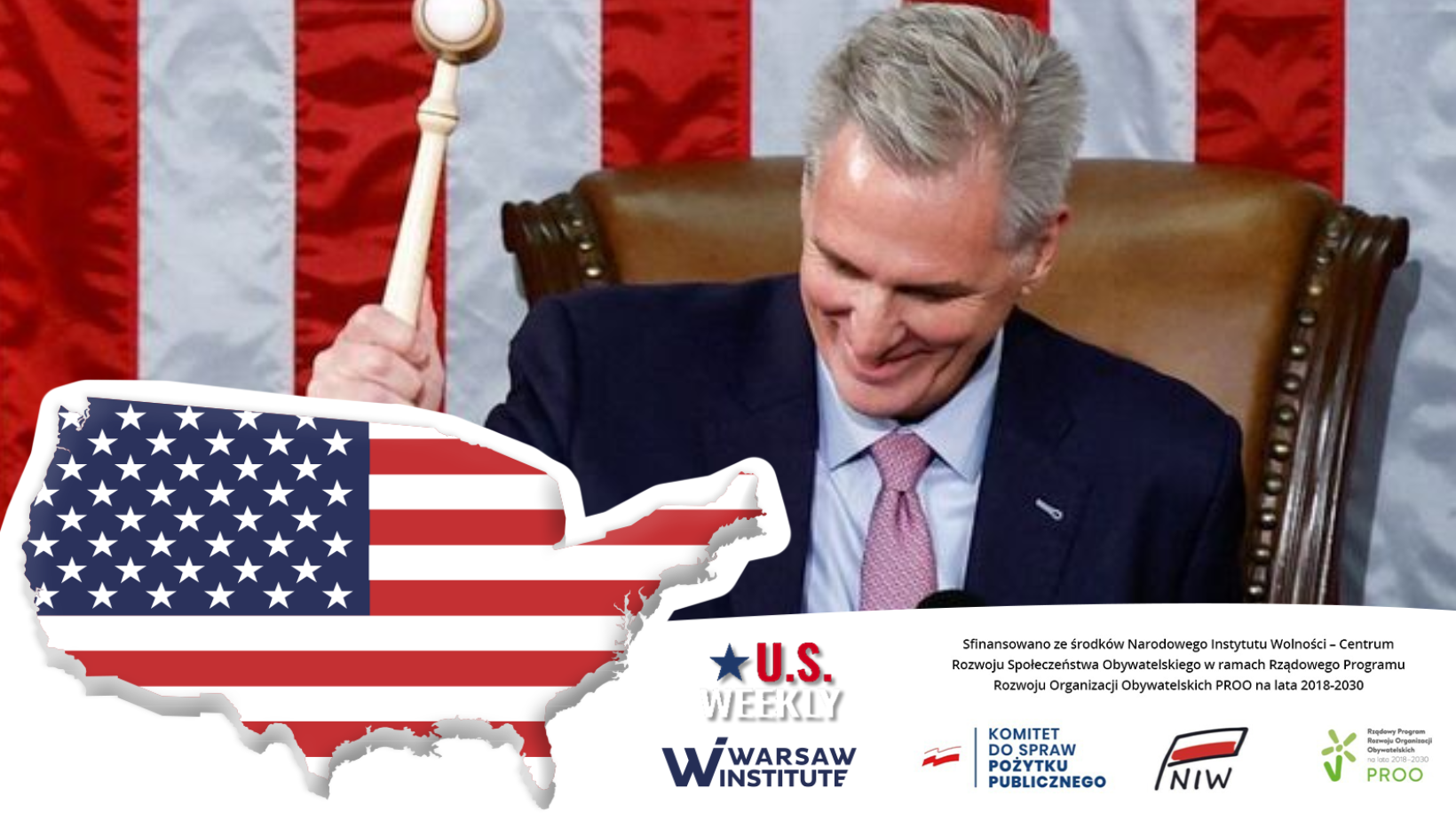
Paralysis in the House of Representatives and the aid to Ukraine
On October 3, 2023, U.S. House of Representatives voted to remove Speaker Kevin McCarthy from his position as leader of the chamber. The tally was 216 to 210 with eight Republicans siding with Democrats to remove him from the speakership. This marked the first time in history that the House removed its leader while the ouster paralyzed the legislative branch of the government. The absence of a speaker appeared no closer to a consensus for bipartisan cooperation in Congress.

The U.S. Immigration Crisis Dominates a Domestic Political Debate
In recent months, rapidly growing numbers of migrant has become one of the major topics of the U.S. domestic public debate. The problem is particularly acute in so-called sanctuary cities, among which New York City, Chicago and Los Angeles stand out. The upcoming national election in 2024 and the rise of public concern indicate the slow shift in the democratic approach towards immigrants.

U.S. Use G20 Summit in New Delhi to Strengthen Partnership with Emerging Markets Without China
The G20 summit in Indi marked the early beginning of September. The U.S. President Joe Biden, along with German Chancellor Olaf Scholz, French President Emmanuel Macron, Saudi Arabia’s Mohammed Bin Salman, and Japan’s Fumio Kishida, gathered in New Delhi for the culmination point of the G20 summit. The summit distincted the Chinese leader -Xi Jinping’s- absence.
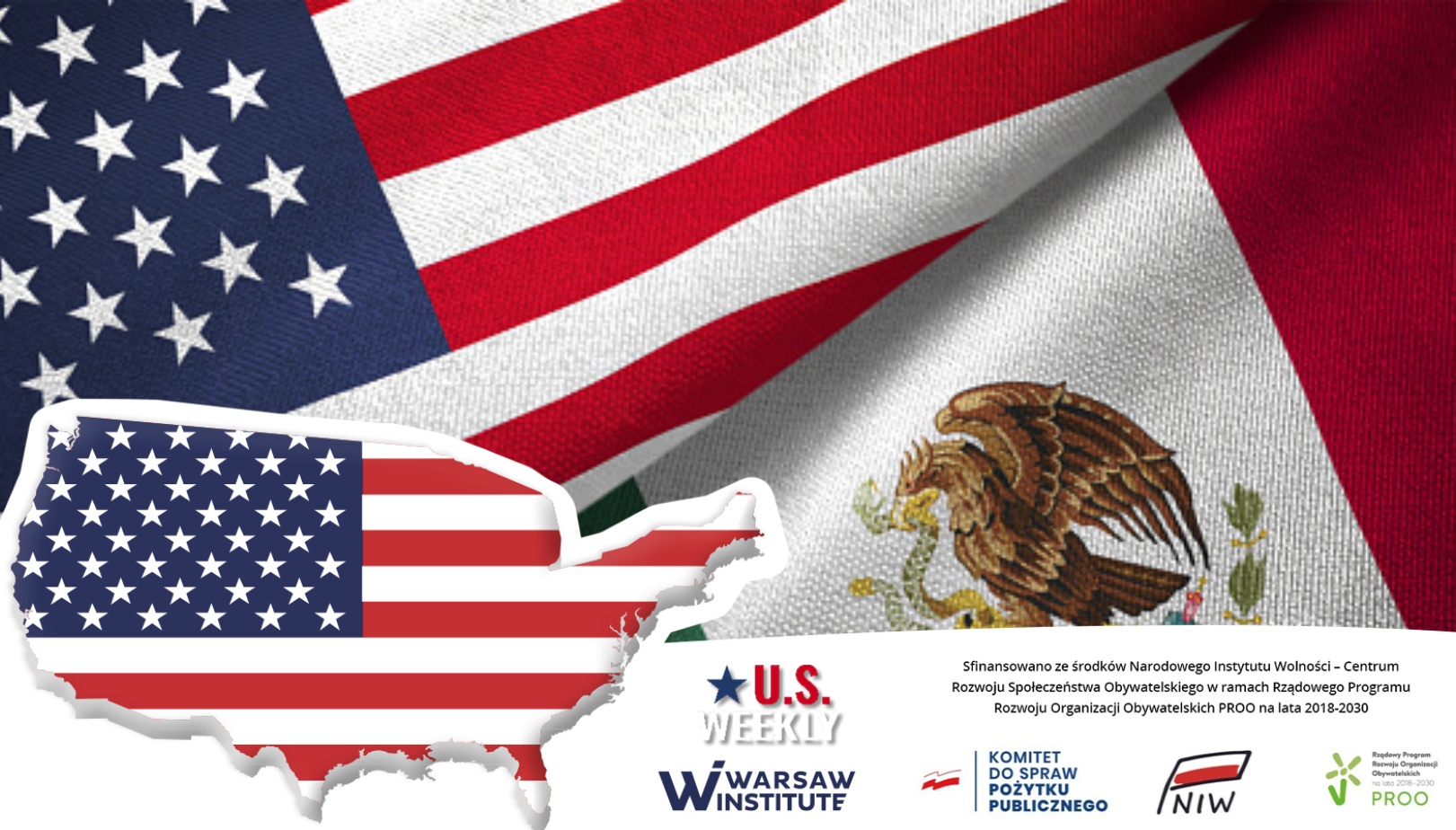
Economic cooperation between the US and Mexico – will Mexico replace China?
In the latest step, China has successfully extended its curbs on iPhones to local government workers and state-owned companies following central government employees. Bejign’s move weighed heavily on Wall Street stock indexes, with Apple shares falling.

China Extends iPhone Ban for Local Administration Employees
In the latest step, China has successfully extended its curbs on iPhones to local government workers and state-owned companies following central government employees. Bejign’s move weighed heavily on Wall Street stock indexes, with Apple shares falling.
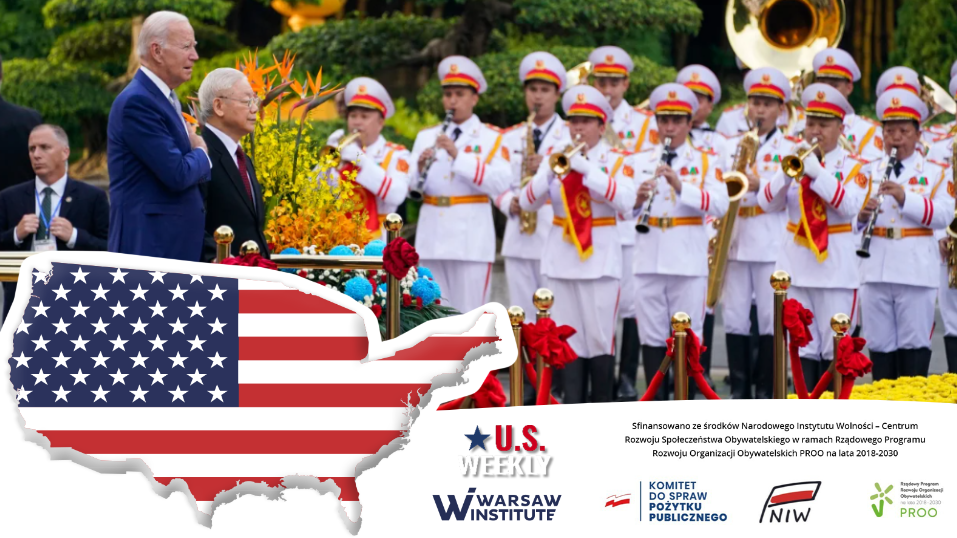
U.S. President Joe Biden Visits Vietnam
U.S. President Joe Biden expressed desire to elevate Vietnam to a strategic partner and strengthen tech ties between the two states. The president will arrive in Hanoi on September 10 to meet with General Secretary Nguyen Phu Trong on the one-day visit to the Vietnamese capital after attending the annual Group of 20 leaders’ summit in India.
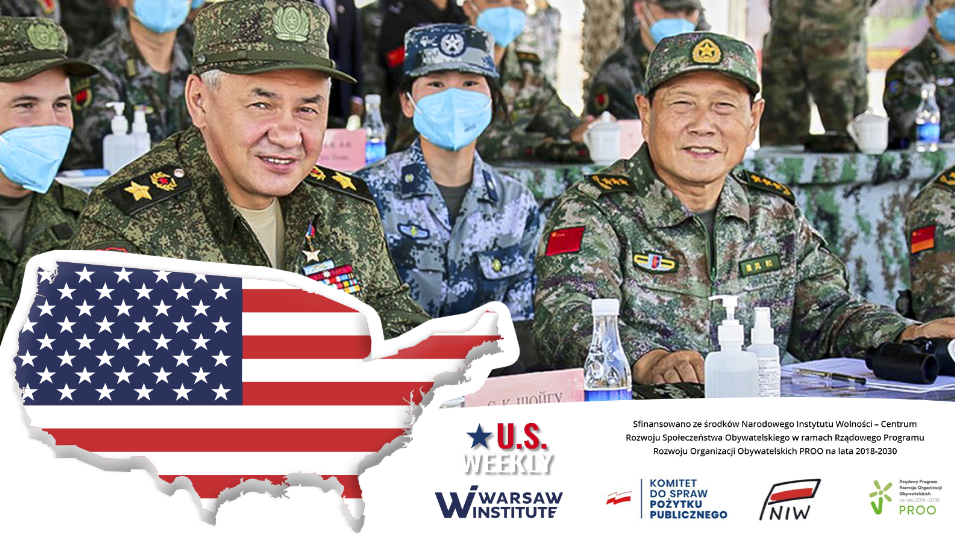
Future Scenarios of Sino-Russian Military Cooperation
The post-Soviet monolithic international system, over which the United States unchallengedly has presided, is undergoing tectonic shifts engendered by the interplay of the American retreating influence from parts of the world and by the subsequent rise of aspiring global hegemons, regional powers or emboldened revisionists that seek to fill the vacuum left by the US in these parts of the world.
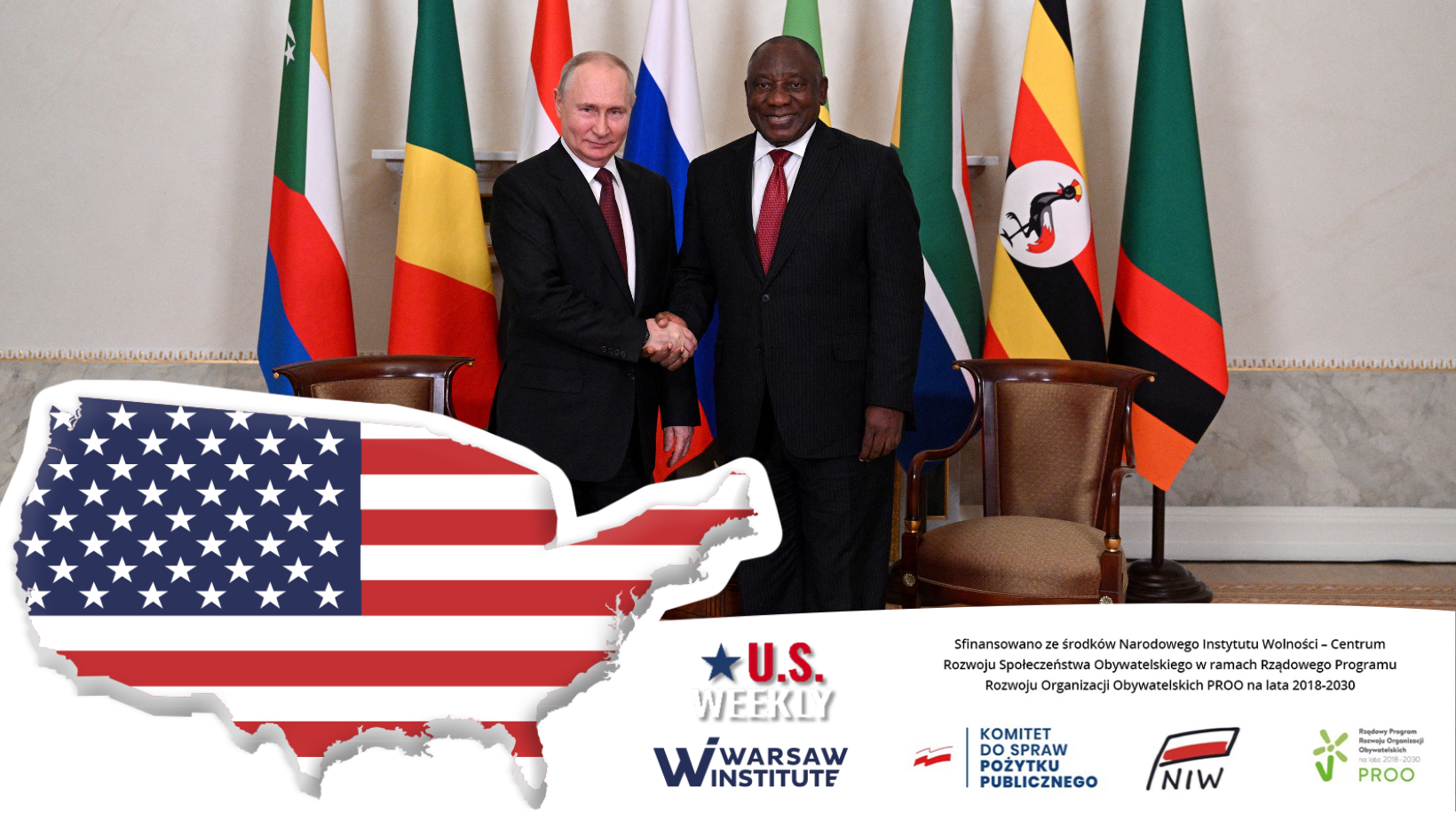
Why should we be concerned about Russia’s ideological imperialism in Africa
Russia’s ideological imperialism knows no boundaries. Leaders of several African countries met with Russian leader Vladimir Putin during the Russia-Africa Summit hosted in St. Petersburg on the 27th and 28th of July 2023.
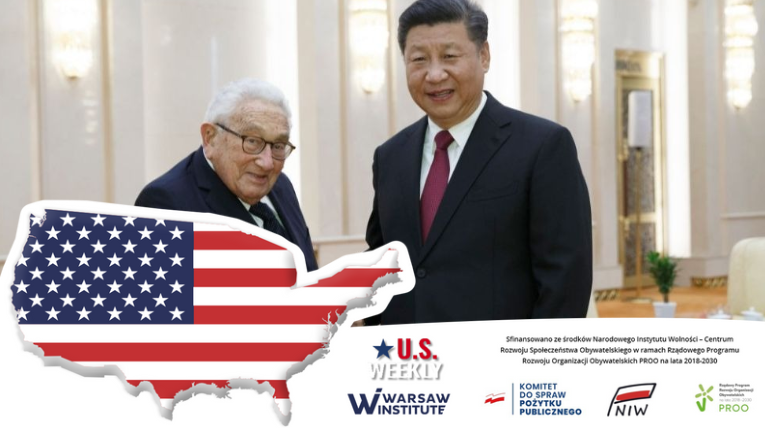
China Welcomed Henry Kissinger as an “Old Friend”
During a recent surprise visit to China, 100 years old Henry Kissinger was welcomed as an “old friend” by Beijing’s highest dignitaries.

















